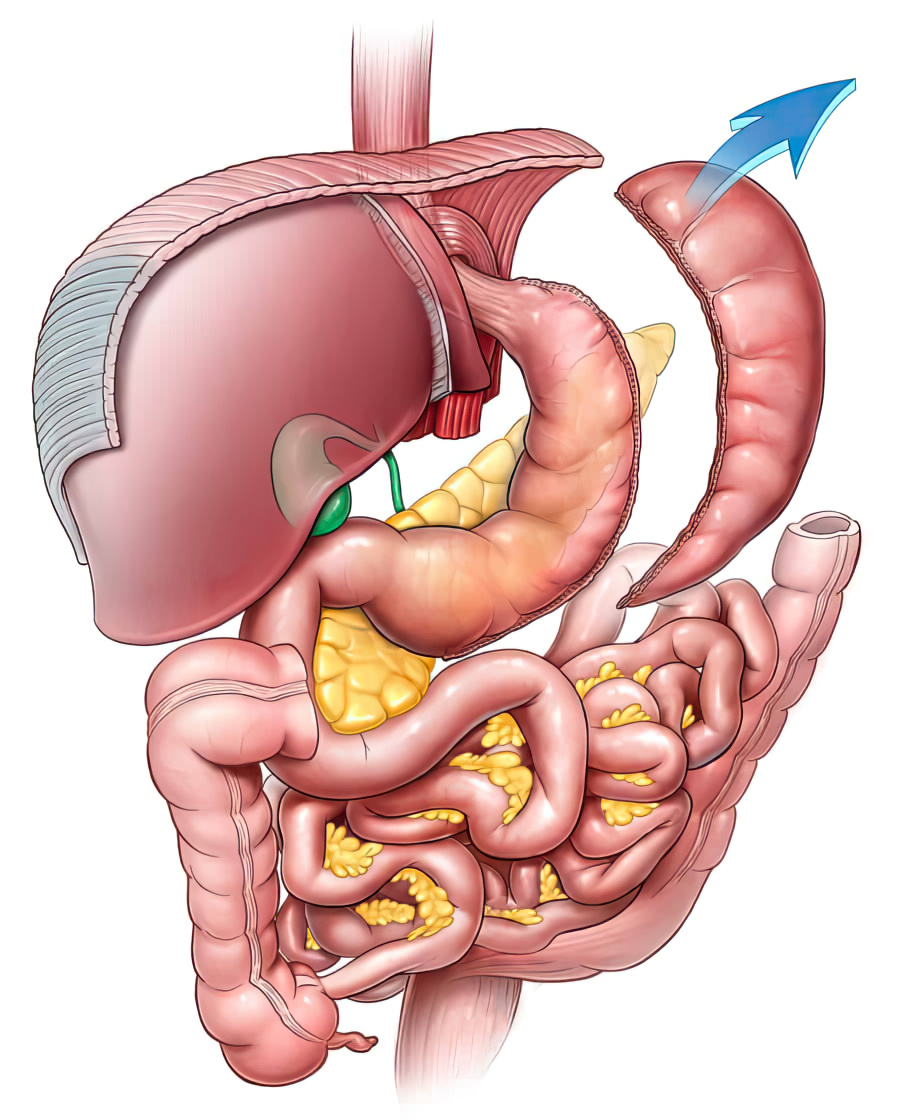Angrisani, L., Santonicola, A., Iovino, P., Vitiello, A., & Higa, K. (2019). Bariatric surgery and endoluminal procedures: IFSO Worldwide Survey 2018. Obesity Surgery, 29(12), 3783-3794. https://doi.org/10.1007/s11695-019-04107-x.
ASMBS (2020). ASMBS updated position statement on bariatric surgery in class I obesity (BMI 30-35 kg/m²). Surgery for Obesity and Related Diseases, 16(7), 825-831. https://doi.org/10.1016/j.soard.2020.04.010
Brethauer, S. A., Aminian, A., Romero-Talamás, H., Batayyah, E., Mackey, J., Kennedy, L., ... & Schauer, P. R. (2013). Can diabetes be surgically cured? Long-term metabolic effects of bariatric surgery in obese patients with type 2 diabetes mellitus. Annals of Surgery, 258(4), 628-637. https://doi.org/10.1097/SLA.0b013e3182a5034b.
Buchwald, H., Oien, D. M., & Schauer, P. R. (2014). Laparoscopic gastric bypass versus laparoscopic adjustable gastric banding: A systematic review and meta-analysis of bariatric surgery. JAMA Surgery, 149(12), 1279-1287. https://doi.org/10.1001/jamasurg.2014.1674.
Clapp, B., Wynn, M., Martyn, C., Foster, C., O'Dell, M., & Tyroch, A. (2018). Long-term outcomes of laparoscopic sleeve gastrectomy-a single-center, retrospective study. Surgery for Obesity and Related Diseases, 14(1), 88-93. https://doi.org/10.1016/j.soard.2017.09.521.
Colquitt, J. L., Pickett, K., Loveman, E., & Frampton, G. K. (2014). Surgery for weight loss in adults. Cochrane Database of Systematic Reviews, 8, CD003641. https://doi.org/10.1002/14651858.CD003641.pub4.
Courcoulas, A. P., Christian, N. J., Belle, S. H., Berk, P. D., Flum, D. R., Garcia, L., ... & Mitchell, J. E. (2014). Weight change and health outcomes at 3 years after bariatric surgery among individuals with severe obesity. JAMA, 310(22), 2416-2425. https://doi.org/10.1001/jama.2013.280928
Gagner, M. (2016). Bariatric surgery tourism hidden costs? How Canada is not doing its part in covering bariatric surgery under the Canada Health Act. Canadian Journal of Surgery, 59(4), 271-273. https://doi.org/10.1503/cjs.007616
Parrott, J., Frank, L., Rabena, R., Craggs-Dino, L., Isom, K. A., & Greiman, L. (2017). American Society for Metabolic and Bariatric Surgery integrated health nutritional guidelines for the surgical weight loss patient 2016 update: Micronutrients. Surgery for Obesity and Related Diseases, 13(5), 727-741. https://doi.org/10.1016/j.soard.2016.12.018.
Rosenthal, R. J. (2012). International Sleeve Gastrectomy Expert Panel Consensus Statement: Best practice guidelines based on experience of>12,000 cases. Surgery for Obesity and Related Diseases, 8(1), 8-19. https://doi.org/10.1016/j.soard.2011.10.019. https://doi.org/10.1016/j.soard.2011.10.019








